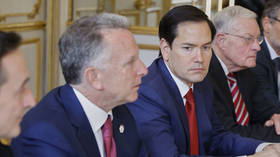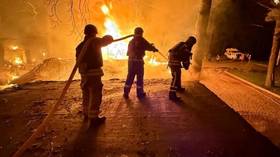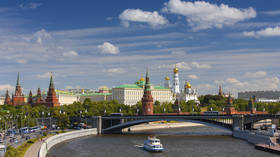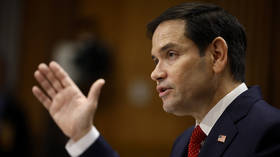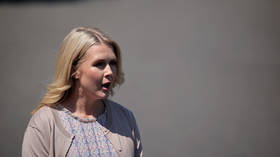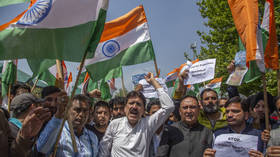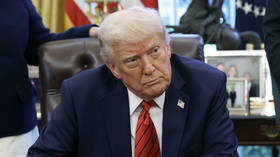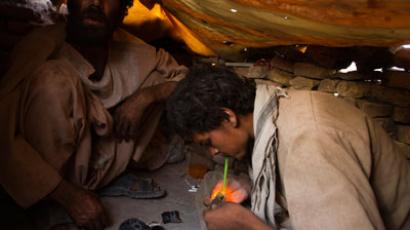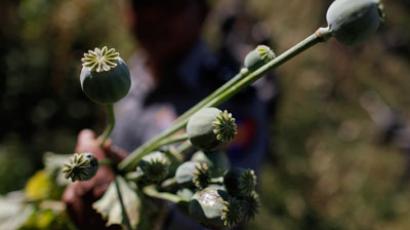Drug agency head skeptical of compulsory tests in Russian schools
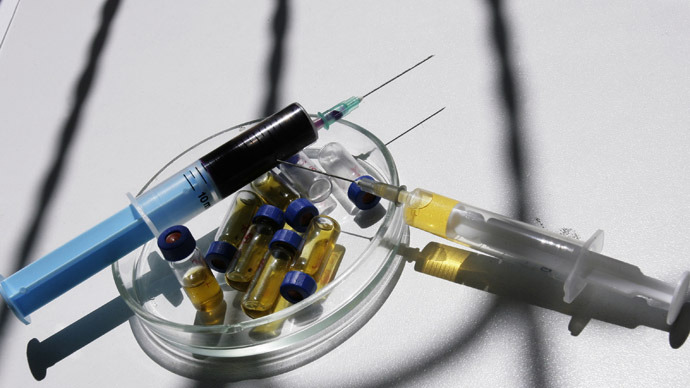
The head of Russian Federal Drug Enforcement Agency has played down earlier support of obligatory and universal drug tests for schoolchildren, saying the problem, however acute, must be resolved primarily by parents and within the family.
“I am skeptical about the compulsory drug tests in schools. This is largely a problem of the children’s upbringing in the family and certain school programs,” Viktor Ivanov said in an interview with Russia 24 television.
The official added that the parents must have an opportunity to check if their children are using illegal drugs, but added “it is not our task to subject everyone to compulsory tests.”
Ivanov’s words marked a change in the official position of the Federal Drug Control Service, which earlier supported both universal drug tests in schools and the return of criminal responsibility for addicts who resist medical treatment.
In 2012 the agency drafted and submitted to other state structures the bill introducing criminal responsibility for repeated use of illegal drugs, claiming that such a move would motivate drug users to seek treatment.
The idea of compulsory tests was voiced by Dmitry Medvedev in 2011. Medvedev, who was Russian President at the time, told the Security Council that the nation needed a federal law enforcing compulsory tests.
A working group of the council issued recommendation to secondary and higher educational establishment to launch the testing on a voluntary basis and without legal basis, and said that the authorities needed two or three years’ experience to analyze the move’s effectiveness.
In 2010, even stronger suggestions were voiced in the lower house including the plan to introduce drug tests at work.
In March 2012, Viktor Ivanov told the press that the state program of drug tests had been launched in all Russian schools, but even then he called upon the mass media not to describe the tests as ‘compulsory’ or ‘forced’ as the initiative came from schools and sometimes from municipal authorities that offered parents help in prevention of early use of illegal drugs.
The program caused a lot of negative responses from parents and mass media, who noted that the school was interfering into private lives of children and expressed fear that the children who tested positive would become outcasts and it would only add to their problems, potentially stimulating further drug use.
Starting from 2013, the Interior Ministry introduced psychological tests for drug addiction and alcoholism for all applicants. Formally the tests are voluntary, but a special commission can turn down applicants who refuse to take them.
In 2010, The Russian Health Ministry estimated the number of
drug addicts in the country at about 550,000, but independent
experts quoted by RIA Novosti say the real number is between two
and two-and-a-half million. About 20 per cent of all addicts are
schoolchildren and 60 per cent are people aged 16-30.



